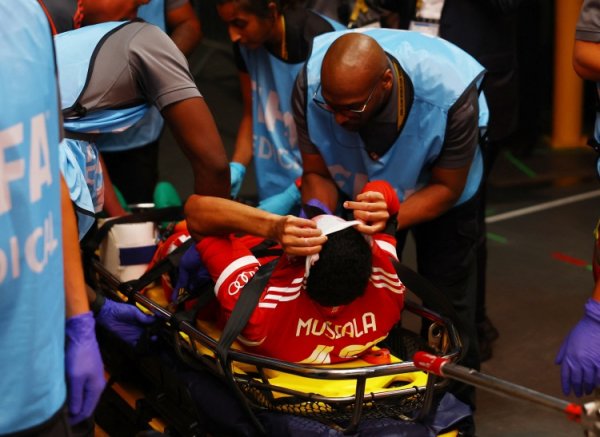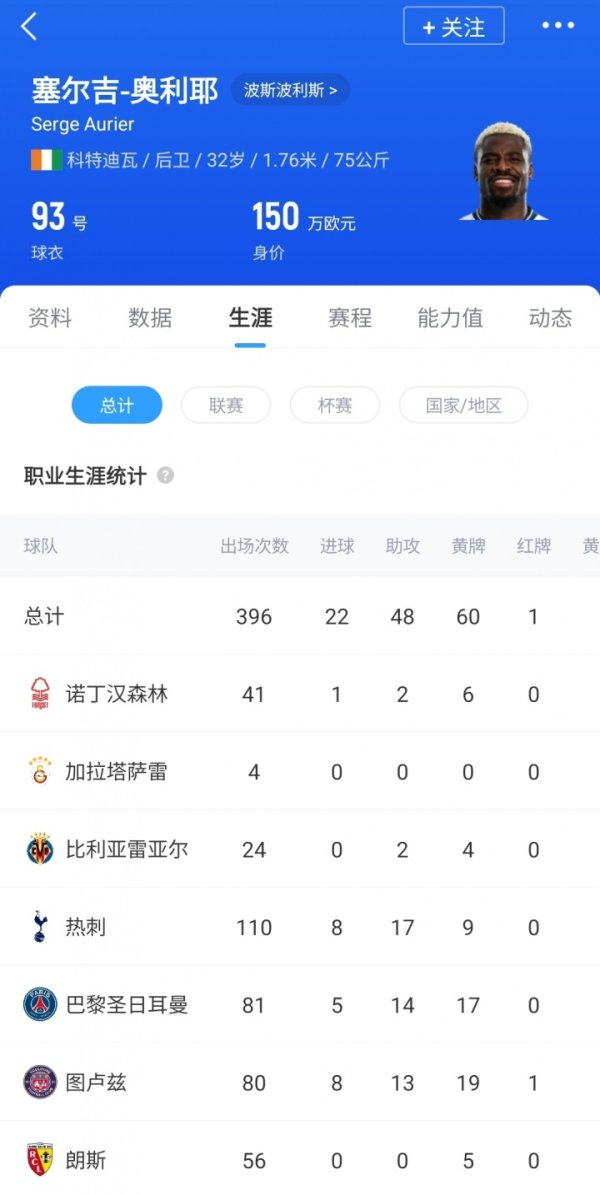Marca: Top clubs around the world invest in AI medical facilities to predict and prevent future injuries

According to Marca, top clubs such as Real Madrid, Manchester City, Bayern are making major investments in their medical facilities, including investments in artificial intelligence technology, which is used to predict and prevent future injuries.
AI's function is to integrate data such as training load, injury history, sleep quality, nutritional status, on-field performance and even the emotional state of athletes. This information is collected through cameras, sensors, and other devices, and is more comprehensive than the analysis usually provided by humans. Dr. Rodrigo Zogaíb, Medical and Health Coordinator at the São Paulo Club, said: “We use a variety of AI tools to monitor athletes’ performance and health, including medical assessments, physical therapy, physiology and nutritional assessments. For physiological assessments, we adopt Hard The Square program performs thermal imaging, while subjective assessments are performed daily, such as sleep quality and pain conditions, generating fatigue indexes. "
"We monitor sleep, weight, moisture replenishment, GPS data and training load. These data are processed in a program to generate alerts that allow us to adjust training based on each person's specific situation."
"The entire coaching team receives a complete report with all the details to be able to act immediately to prevent injuries that may have a long-term negative impact on the team and individuals, and can reduce the absence of injuries by 30%. "
CUJU Platform Marketing Director Mueller said: "Investing in advanced technology allows us to conduct more personalized analysis from multiple sources in seconds, better understand each player's needs, and thus achieve their physical, technical and psychological best. Artificial intelligence is changing the foot The ball industry, whether it is discovering new talents or predicting player development, on-field behavior, injury risk or market value. "
" In addition to the many benefits of AI, it also brings financial and structural benefits. On average, an injury can leave an athlete absent from three to six weeks of games, causing technical and financial losses to the club. Therefore, prevention has become a strategy to help achieve the goals of the season." Holta, director of sports science operations at Volt, explained: "At present, the use of cutting-edge technology in athlete preparation, combining scientific knowledge and personal care is the key to getting their full potential. In this case, the importance of AI is that it can synthesize a range of data that is critical to improving athletes' performance and health, covering not only training and recovery, but also areas such as sports psychology and neuroscience."




